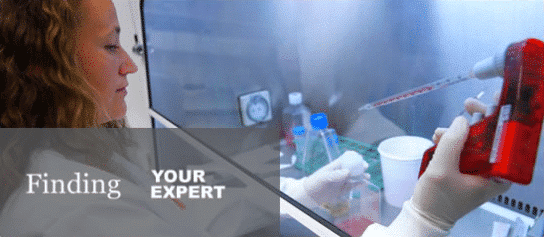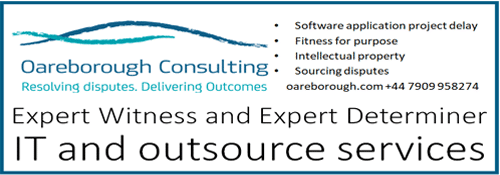The Model Form of Expert Report was approved by the Judicial Committee to assist Experts and their clients by indicating a format that the Judiciary would find of assistance. In other words a “judge friendly” format.
The Model Form of Report includes the Expert’s Declarations for use in Civil Proceedings (CPR), Criminal Proceedings (CrPR) and Family Proceedings (FPR). The Expert’s Declaration includes the Statement of Truth.
On 30th January 2015 TAE launched a Model Form of Expert CV for use by all Experts. The Model CV format should be used in conjunction with the Model Form of Report.
A copy of the Model Form may be purchased from our online store as a download.
Buy NowExtract from the Model Form:
1. WHY A MODEL FORM?
1.1 The first version of the Model Form was introduced after some senior judges expressed concern at the length of many experts reports and at the tendency to mix matters of fact and opinion. These same concerns remain relevant today.1.2 The Judicial Committee of the Academy has commented that the hallmarks of a good report include:-
1.2.1 a stand-alone, concise, user-friendly format, expressed in the first person singular by the person whose opinion has been given or who adopts as his own the opinion of others;
1.2.2 text which is arranged in short sentences and paragraphs;
1.2.3 judicious use of appendices;
1.2.4 matters of fact being kept separate from matters of opinion.
1.3 Conclusions should be given in the final section of the report before appendices. They should be cross referenced to the text which supports the Conclusions.
1.4 Each opinion expressed in the report must be the opinion of the writer whether it was formed by the writer or formed by others and adopted by the writer as his own.
1.5 The following must be identified separately and distinguished:-
1.5.1 facts which the writer is asked to assume;
1.5.2 facts which the writer observed for himself eg the results of experiments, investigations, etc, carried out by the writer himself;
1.5.3 facts which others, acting on behalf of the writer, observed, identifying the persons concerned;
1.5.4 opinions of others upon which the writer relies in forming his own opinion;
1.5.5 opinions of others which the writer accepts but upon which the writer cannot comment authoritatively.
1.6 The Model Form of report has been developed with these comments in mind and with the aim of assisting both experts and those instructing to address the relevant issues in the most direct way.
1.7 The model is intended as a guideline only. There may be valid reasons for departing from it and/or introducing additional sections, depending on the nature of the instructions and the dispute.
1.8 Since the Model Form was first published, new Civil and Criminal Procedure Rules have been introduced in England and Wales and other jurisdictions. These have largely taken into account the Model Form which was commended in Lord Woolf’s report “Access to Justice”. Users of the Model Form must always take care to comply with the requirements of the jurisdiction in which the report will be used.”
In 2007, the Model Form of Expert’s report was reviewed in light of the developments that have occurred since the first version was produced. The current version takes into account the Civil Procedure Rules adopted in England and Wales, and subsequent case law applying such rules, and also the Protocol for Instruction of Experts to give Evidence in civil claims, drafted by the Civil Justice Council and approved by the Master of the Rolls.
The new version of the Model Form of Report was officially launched on 11th June 2008.
It must be remembered that the form continues to be a Model rather than a Standard.
The current version of the Model Form of Expert’s Report can equally be used in criminal proceedings by using the alternative format where suggested. The Model Form takes into account the developments encapsulated within the Criminal Procedure Rules which have also been adopted in England and Wales.




